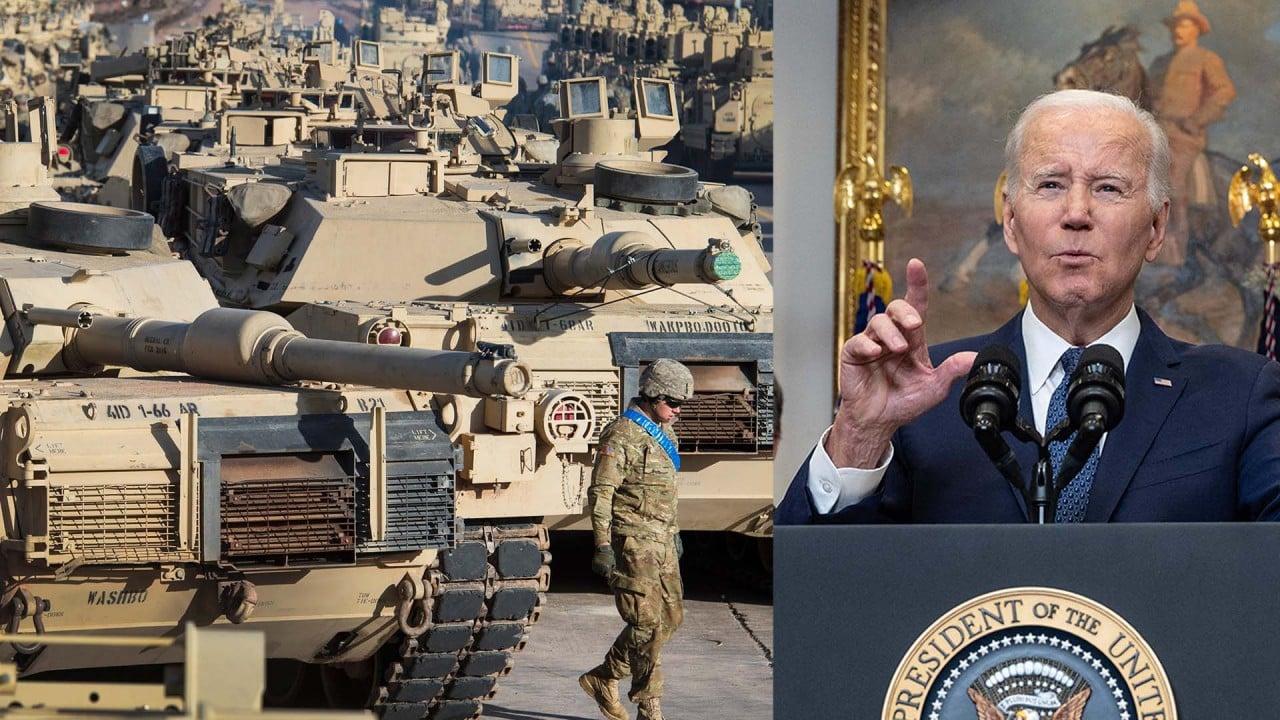
Bonny Lin, director of the China Power Project at the Washington think tank Centre for Strategic and International Studies, agreed that although Beijing has tried to distance itself somewhat from the Kremlin, at least rhetorically, it has drawn closer to Russia as Japan, Australia and Western countries display greater unity.
“As China looks at how strong our position is with our allies and partners, China might feel it needs a stronger partner internationally and doesn’t have too many options,” Lin said. “And Russia is unfortunately one of the partners that China is keen to keep.”
Speaking on Wednesday at the Brookings Institution in Washington, US Deputy Secretary of State Wendy Sherman touched on the degree to which China and Russia have been aligned on Ukraine, accusing Beijing of duplicity.
She said the Chinese government’s aim to mediate between the West and Russia to end the war conflicted with Beijing’s announcement of a “no limits” partnership with Russia shortly before it invaded Ukraine last February.
“I don’t think that the PRC can have it both ways, though they’re trying,” Sherman said. “We have certainly concern and growing concern about that partnership and the PRC support for this invasion.”
The comments by Sherman and hearing witnesses underscored how Washington policymakers increasingly regard their work – defined by the divide between the US and its allies in the European Union, Group of 7 and Nato on one side and China and Russia on the other.
Bonnie Sherman, the US deputy secretary of state, says the US has a “growing concern” about China’s support for Russia. Photo: EPA-EFE
US Secretary of State Antony Blinken made this point in an interview with NPR on Tuesday. He said Beijing and Moscow rejected the rules-based global order constructed to avoid the kind of military conflict that has defined the first half of the 20th century.
“The whole purpose of the international order that grew up after World War II was to make sure we wouldn’t have a World War III … and we often hear from Chinese colleagues or Russian colleagues in different ways that this is somehow invented in the West and they’re not a part of it,” Blinken said.
“The system, for all its imperfections, works, but now it’s being challenged, and some of these countries are trying to either destroy the rules – which Russia is doing in Ukraine – or trying to rewrite them in ways that are inimical to some of our own values and interests.”
“For example, China would like a world order, but it’s a profoundly illiberal one as opposed to a liberal one,” Blinken added. “So there’s a competition under way to deal with that.”
On Taiwan, which is not recognised by Washington or many of its allies as an independent country, Lin pointed out that Japan had recently determined that “the defence of Taiwan is … vital to Japanese national security”. She added that Australia and the Philippines had become increasingly inclined to support any effort to defend the self-ruled island in the event of a military attack from the mainland.
However, Hill pointed out that because the Ukraine war was a land battle, “the Russian navy has not really been affected”, suggesting that Moscow’s alignment with Beijing meant that China’s military would have its support if the People’s Liberation Army launched an attack across the Taiwan Strait.
Washington and its allies should be concerned about Russia’s naval drills with China and South Africa, Hill said, because they underscore not only the sea power that US forces might face in the Western Pacific, but also the degree to which the two countries have been able to maintain ties in the Global South despite Russia’s assaults on Ukraine.
On this note, Hill agreed with an assertion by Senator Tim Kaine, a Democrat from Virginia, that the US government must “turn episodic attention to problems [in Latin America and other regions] into a more sustained effort to build relationships” the way that Beijing has been doing effectively for many years.
Bonny Lin (left), director of the China Power Project and Senior Fellow for Asian Security Center for Strategic and International Studies, and Fiona Hill, a senior fellow at the Centre on the United States and Europe at the Brookings Institution, appear at US Senate Armed Services Committee hearing in Washington on Wednesday. Photo: Getty Images via AFP
She urged greater engagement with “BRICS” members Brazil, India and South Africa, and said US President Joe Biden should use Brazilian President Luiz Inacio Lula da Silva’s recent visit to Washington as a starting point.
“We need a strategy because China has a strategy,” she said. “They look for a framework for relations that starts at the top, and then they let everything else flow from there.
“That’s not the way that we approach our allies and partners in any hemisphere, let alone in the Western hemisphere. We took other, neighbouring countries for granted.”
Additional reporting by Orange Wang in Washington


